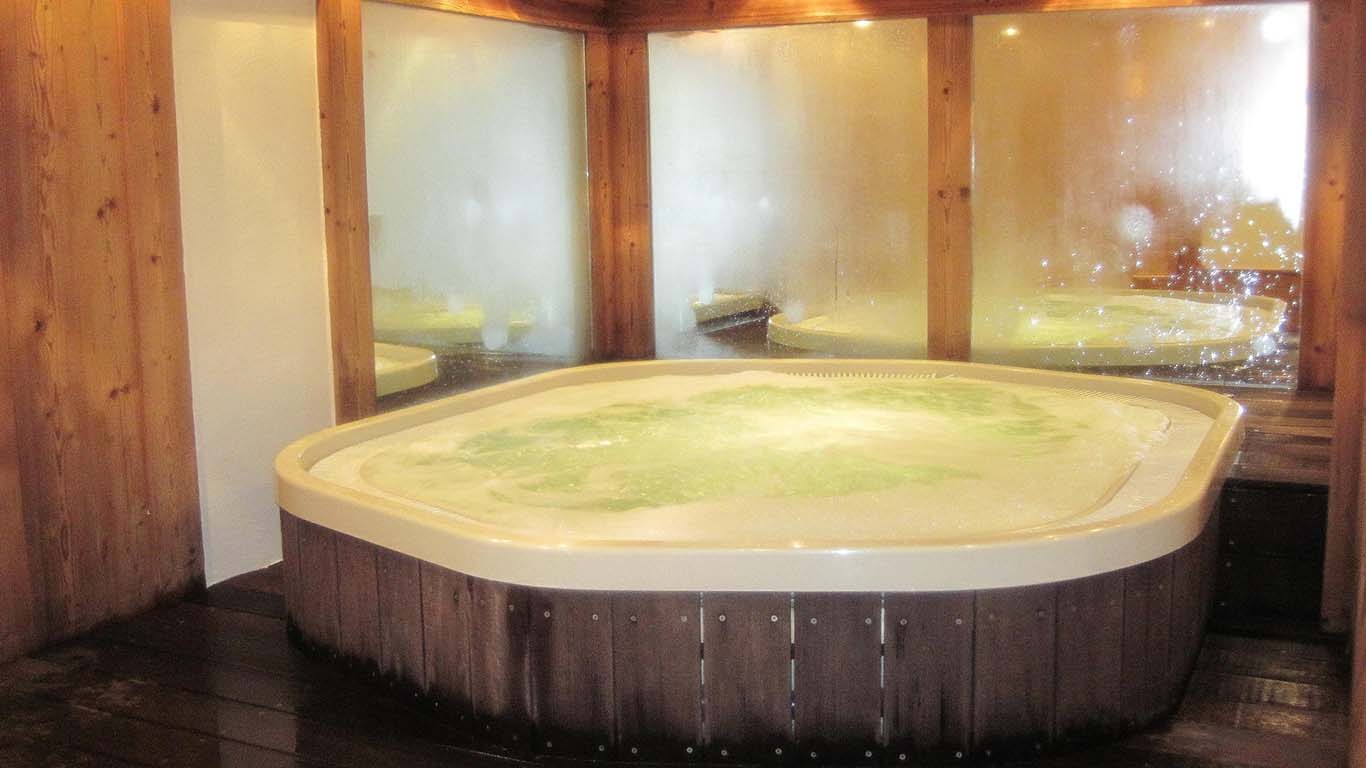As a Muslim parent in the United States, you may be wondering if an Islamic education is right for your child. While there are many different options available to you, Islamic education has a variety of benefits that other types of schooling may not offer. Here are just a few reasons why you should consider sending your child to an Islamic school:
Islamic schools place a strong emphasis on character development and teaching moral values. This is something that is often missing from secular schools.
Islamic schools also teach Qur’an studies and Arabic, which gives kids a strong foundation in their faith and allows them to read the Qur’an in its original language.
An Islamic education can also help kids learn about their cultural heritage and connect with their roots.
So, whether you’re looking for schools that will teach your child traditional Islamic values or you simply want him or her to have access to a good education, an Islamic school for kids may be the perfect choice for you.
1. Islamic education teaches children about Allah and His prophets
Islamic education is the process of instilling Islamic values and teachings in Muslim children. The ultimate goal is to raise devout, practicing Muslims who will live their lives according to Islamic laws and beliefs. Islamic schools are one of the main channels through which Islamic education is imparted to children. In these schools, kids learn about Allah, His prophets and their stories, the Koran, and other Islamic concepts. Islamic education is not just about gaining knowledge; it’s also about developing good character and morals. As such, Islamic schools lay great emphasis on producing well-rounded individuals who are not only knowledgeable but also virtuous. Islamic education is thus a key component in the development of young Muslims.
2. It helps children develop a strong sense of morals and values
One of the main goals of Islamic education is to instill strong moral values in children. In an Islamic school, children learn about right and wrong, and they are taught to follow the teachings of Islam in their daily lives. For instance, they learn about honesty, patience, respect, and responsibility. By internalizing these values, children develop into good, well-rounded Muslims. In addition, Islamic education helps children develop a strong sense of identity. They learn about their culture and heritage, and they come to see themselves as part of a larger community. This sense of identity is crucial in the development of young Muslims.

3. Islamic education provides a well-rounded curriculum that includes science, math, history, and more
In addition to teaching kids about Islam, Islamic schools also provide a well-rounded education that includes science, math, history, and other important subjects. This comprehensive approach to education ensures that kids receive a well-rounded education that prepares them for the real world. In addition, Islamic schools often place a strong emphasis on providing students with a good foundation in Quran studies and Arabic. This is important because it helps kids develop a strong connection to their faith and allows them to read the Quran in its original language.
4. Children who study Islam are more likely to stay away from drugs and alcohol
There is a growing body of evidence that suggests that kids who study Islam are less likely to turn to drugs and alcohol. This is because they have a strong foundation in their faith, and they know right from wrong. In addition, Islamic education teaches children about the dangers of drugs and alcohol, and it provides them with the knowledge and tools they need to stay away from these substances. As such, Islamic education is a crucial component in the fight against drug and alcohol abuse.
5. Islamic schools emphasize the importance of community service and giving back to society
One of the things that set Islamic schools apart from other educational institutions is the emphasis they place on community service and giving back to society. In an Islamic school, children learn that it is their duty to help those who are less fortunate. They also learn about the importance of giving back to their communities. This emphasis on community service instills a sense of responsibility in children, and it helps them develop into good, civic-minded Muslims.
6. Muslim children have the opportunity to make friends with other Muslims from around the world
One of the great things about Islamic schools is that Muslim children have the opportunity to make friends with other Muslims from around the world. In an Islamic school, kids interact with classmates from different cultures and backgrounds. This exposure to diversity helps children develop tolerance and understanding for others. It also helps them learn about different cultures and customs. In addition, Islamic schools often have exchange programs that allow kids to travel to other countries and learn about different cultures firsthand.
Conclusion:
Islamic school for kids has many benefits that parents should consider when making a choice to send their kids to an Islamic school. These benefits include a strong foundation in morals and values, better academic achievement, and increased social and emotional development. When weighing all of the pros and cons of different educational options available to your family, be sure to keep these advantages in mind.


